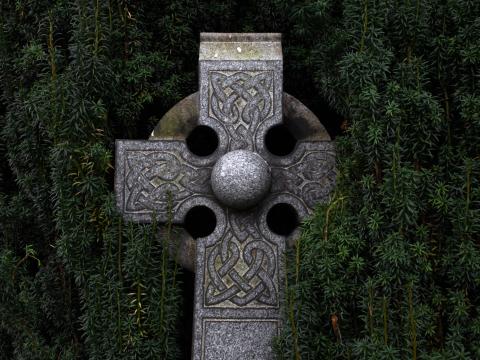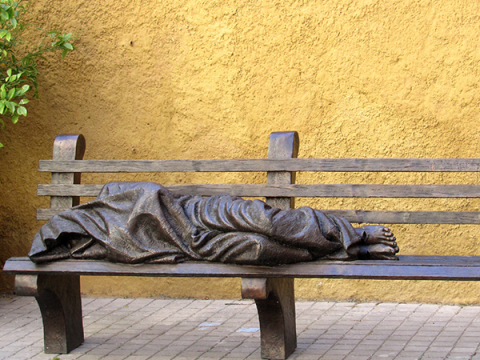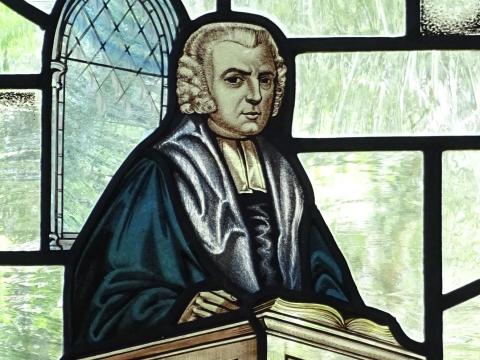What is “discipleship”?
A friend told me she once preached about discipleship. After the service, a parishioner came up to her and said, irately, “I am not a disciple. I am a member.” Oh well, I guess it was better than no reaction at all, and certainly better than, “Lovely sermon.”
Read more














